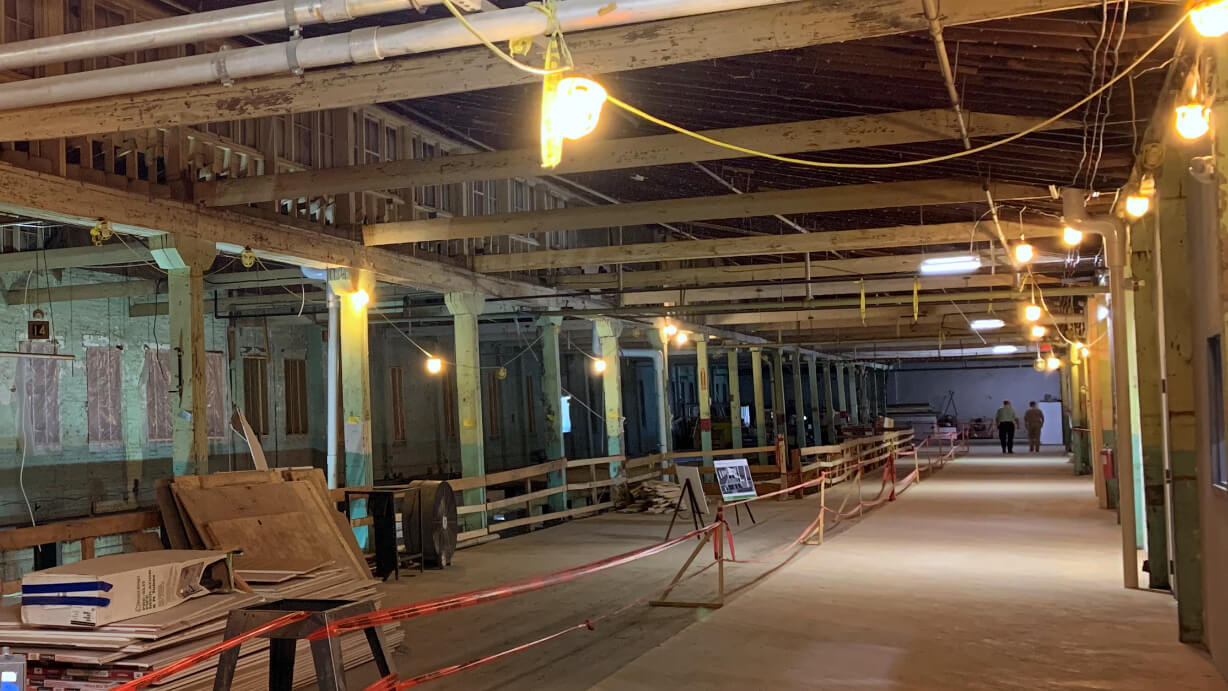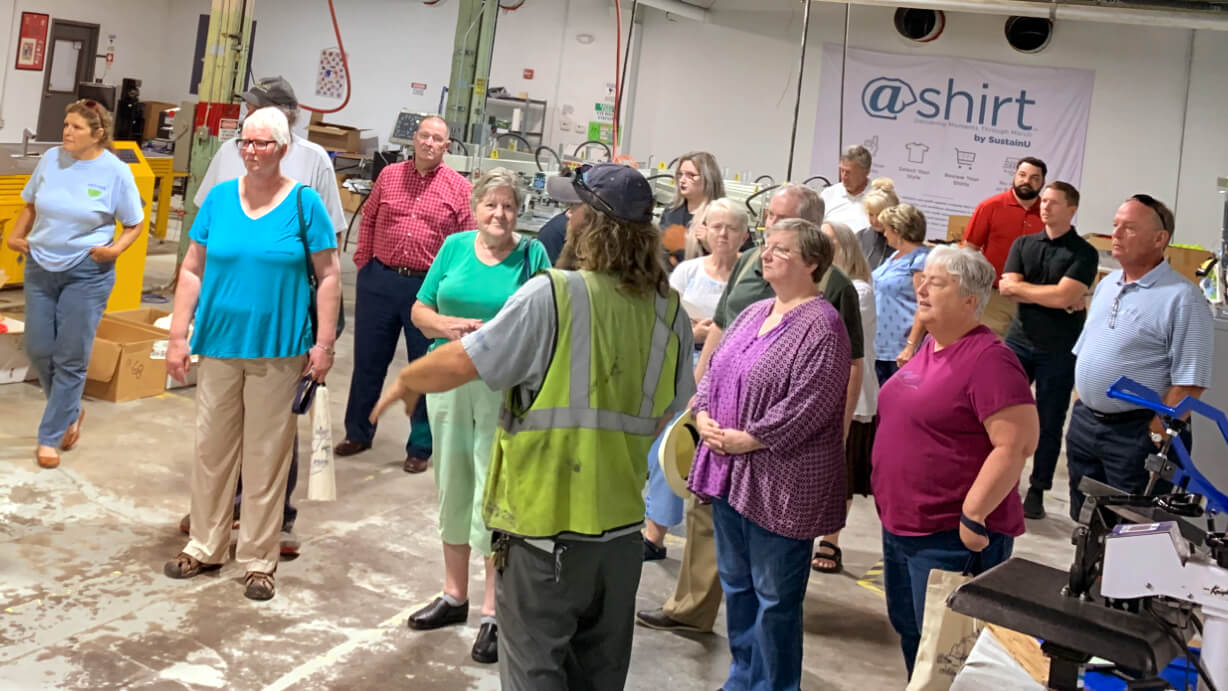More cynical liberals dismiss social enterprises as sinister “green-washers” or “capitalist-incrementalists.” More cynical conservatives dismiss them as “socialist.”
Those are the extreme arguments, but even among long-time supporters there seems to be an increasing ambivalence towards social enterprise as a viable strategy for solving major social problems.
Some social enterprises probably are passing fads, but many are the most innovative and effective approaches around.
In the past year, here in Appalachia, I have seen an agriculture-based enterprise close shop.
But I have also seen the area’s first-ever solar company grow three-fold. That’s incredible considering we’re in the coalfields.
Just as with charities or private businesses, some fail but others succeed.
I remain convinced social enterprises represent incredible solutions for big problems holding our places and our people back.
Scaling these solutions, though, will require more support.
There is still substantial philanthropic support for social innovation, but only some federal and state support.
Governmental supports that do exist are often based on laws written decades ago and are not well-suited to modern social enterprise business models.
What’s more concerning than this, though, is that I am not seeing any serious effort to shape national or local policies in ways that incentivize and support social enterprise development.
This “cooling off” has posed new challenges for me as a social entrepreneur.
More and more, I find myself having to defend against questions I had thought we were beyond like: “Well, what does social enterprise even mean, really?”
Or: “Why not work on policy and advocacy? Why not more directly serve the needs of the least of these?”
Our social enterprises here in the coalfields of West Virginia are designed to model what a more sustainable, post-coal and climate-change-mitigating economy can look like.
And we’re fortunate to have a great deal of local support. This is mostly because we’re employing people in a place that currently doesn’t have a lot of good quality jobs.
But this general goodwill has not parlayed into much financial support.
I attribute this mostly to the fact that our state legislators and the public generally do not really understand the workings of, or connect with, the essence of social entrepreneurship.
There is an overall sense that what we’re doing is a good thing. However, there is not specific understanding of how we go about doing what we do.
American systems, and therefore the most common mindsets, are strongly biased toward private-sector and for-profit markets.
In many ways, this is a good dynamic for social entrepreneurs. There is unregulated space in which to innovate.
There is capital available.
But very large corporations tend to dominate many sectors of the economy and crowd out smaller competition.
And tapping the capital that is available can prove difficult, especially for lower income people with moderate credit scores.
The American economy has grown and expanded significantly since the 2008 Great Recession. But the gains of this growth have been uneven and many people have been left out of the recovery.
Even well before 2008, entire regions – as is the case here in Appalachia or in the Mississippi Delta or on Native Reservations – have had wealth extracted out of them, and are now struggling to plot a new path forward toward a more fair and sustainable economy.
Social enterprise remains a viable and effective strategy to include more people in the recovery, to empower people who have been cut out of prosperity, and to help revive extraction-communities.
Through social enterprise we can begin to re-tool those excluded regions of the country to offer more opportunity to people who have been too often excluded from opportunity.
Of course we’ll need more policy supporting, funding, investment, and support to do so.
But we shouldn’t go backwards. We should accelerate investments in effective social enterprises and scale positive solutions.











